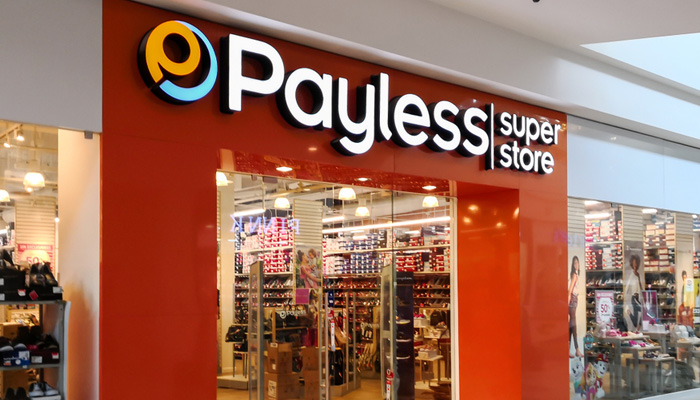Shutterstock
In a modern day version of “the Emperor’s new clothes,” Payless leveraged the designer label mentality by creating a fake store that fooled social media influencers into hyping what they believed was a new designer shoe brand.

Let’s face it, everyone knows that some people buy designer labels simply for bragging rights or for a “me too” mindset of being up on the latest fashions. And it seems, Payless knows this fact well and used it to their advantage to garner themselves some promotion – and some respect.
The budget-friendly shoe store set up a scenario to hoodwink social media influencers into unknowingly pimping their brand.
At a Los Angeles mall, Payless secretly set up a fake pop-up shoe store named “Palessi.” The name sounds like an expensive Italian designer brand, right? They even created a stylish website and Instagram account to prop up the illusion.
Next, the company invited social media influencers to its grand opening. But the secret catch was – the shoes found in the store were all the same shoes you could find inside any Payless store.
During the two nights of the “Palessi” social experiment, the store was attended by about 80 influencers, Payless said. The company said those influencers who attended were paid a small stipend for coming to the “store opening.”
The social media influencers reacted exactly like Payless expected they would. They ogled over and praised the “Palessi” shoes displayed on the store’s shelves, with one shopper saying “I would pay $400 or $500” for the shoes, as she held a pair of $19.99 sneakers. Another shopper called some of the issues “elegant and sophisticated.”
One shopper shelled out $640 for a pair of Payless boots, which were marked up 1,800% from their normal price.
In the end, the social media influencers were shocked to learn that the shoes they were drooling over were from Payless. The company also refunded all of their money and allowed them to keep the shoes they had purchased.
Payless faces fierce competition from Amazon, especially given its acquisition of Zappos.
Payless filed for chapter 11 bankruptcy back in April 2017, eventually reemerging four months later, after it had shuttered nearly 700 of its stores.
Stunts like these have been undertaken by many other companies in the past to try and create a viral buzz by shocking real customers into discovering the truth about their preferences, i.e., an affinity for the bargain brand.
Time will tell if Payless’ social experiment with the influencers will pay off and gain traction.